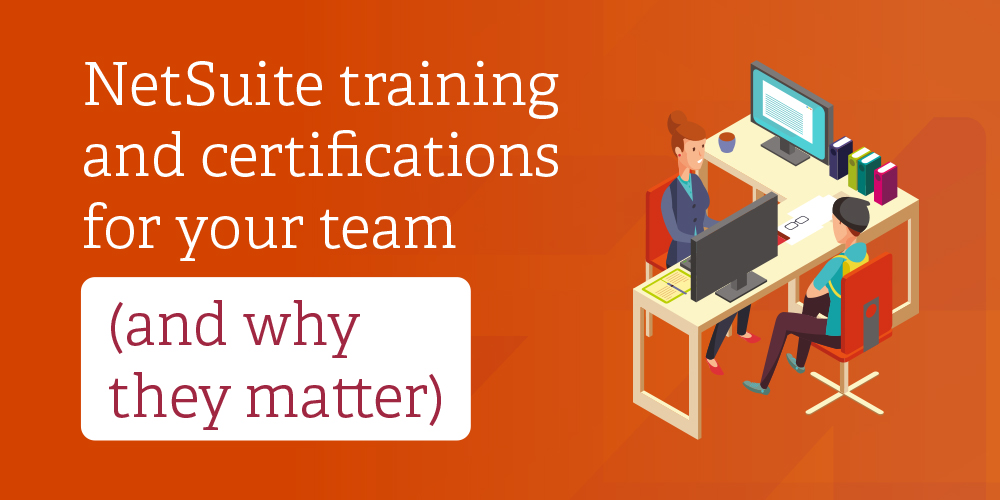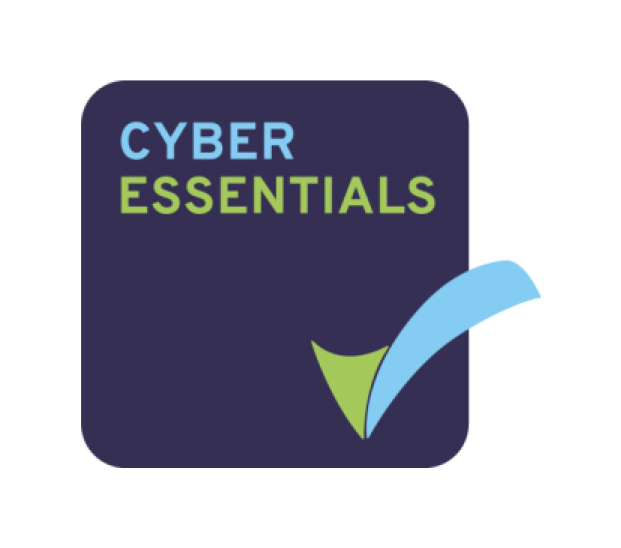
While trends like the digital skills gap and the talent shortage are nothing new, it’s clear that they are here to stay—for the time being, at least. Impacting not only how organizations hire and retain talent but also how equipped professionals are to fulfill these roles. Employers must act quickly to repair the skills gaps that are filtering into the workplace.
And it’s no longer just a case of demand for talent being too high—while the need for qualified professionals is increasing, the gaps in knowledge are all the more apparent. With NetSuite expanding at scale, even businesses armed with a full-stack tech team can be under-equipped to handle innovative technologies; this only stands to increase as NetSuite experts try to keep up with developments.
One of the simplest and most rewarding ways to minimize the effects of these issues as an employer is by accommodating training and encouraging your employees to complete NetSuite certifications. By incentivizing upskilling and reskilling, business leaders stand to improve their workplace environment, while also bridging the divide across the entire NetSuite ecosystem, creating a community that flourishes in expertise. So, whether you help the next generation of NetSuite Administrators or bring more SuiteCloud Developers into the ecosystem, encouraging your employees to get certified is a way to improve your own in-house expertise and also strengthen the NetSuite community.
In this post, we will cover why training and certifications should not only matter to your team but why they are crucial in a tech landscape that has become more competitive and expansive than ever before.
Find your dream NetSuite candidate today with Anderson Frank
Why should you invest in certifications?
Looking at the data collected in our latest Career and Hiring Guide: NetSuite Edition, we found that only 48% of NetSuite professionals are currently certified or working towards a certification. With less than half of the NetSuite professionals we surveyed holding a certification, it’s clear that there needs to be more communication over what certifications can mean. It’s not only about expanding the knowledge of the individual but also solidifying the shared skill set across your teams.
As an employer, one of the simplest ways to encourage your staff to get certified is by finding ways to fund the training and certification process. Whether a partial payment or even covering the total cost, showing your workforce that you value their individual professional development is essential to your business and retention. In fact, we found that 47% of NetSuite professionals would gain a certification if their employer contributed to the cost.
With 65% of employers paying for employee certifications, it’s worth considering that if you’re not one of them, you’re in the bottom third of organizations that aren’t giving financial help for staff looking to expand their personal development. With professionals valuing certifications so highly, it’s a simple way to improve their satisfaction with you as an employer. It also helps you sell your organizations to professionals who are looking to start a new role somewhere that will better support their career development. Only 18% of professionals fund their own certifications, so it’s important to accommodate training and certification costs into benefit packages if you want to remain a competitive employer who values development and up-to-date knowledge.
What benefits can certifications bring to your company?
Before business leaders leap to rejig budgets to accommodate training costs, it’s important to know what having trained and certified professionals can bring to your organization.
Knowledge is power; after all
Simply put, trained and certified professionals bring verified expertise to the table. In a digital age where new developments are more frequent than most buses, businesses must have the people to help them adapt to these changes.
For a closer look at what benefits certifications can bring to your company, check out our NetSuite Certifications guide blog post, which covers all the top NetSuite certifications held by candidates in detail—a great resource for anyone looking to become NetSuite-certified.
Happiness = success
While there are the obvious perks of having staff that are well–equipped to do their role, the biggest thing at stake is the happiness of your workforce. Any successful business is built up with staff who support your values and goals and are dedicated to bettering themselves to make that a reality. A workforce that feels motivated and supported to develop its professional capabilities will also be more productive, helping you reach your goals as a business faster. It is a win-win.
How else can you support learning and development?
Professional development isn’t optional
Understandably, businesses might not be able to financially invest in training and certifications across the board. However, that doesn’t stop you as an employer from creating an environment that fosters and encourages growth.
Your approach to your team’s development should extend beyond just paying for their certifications and involve a fully supported approach that ensures your staff are constantly developing and expanding their skill set. Ringfencing L&D time is a great way to ensure learning is a priority in the workplace, either in the office or for those working remotely. With the unpredictability of the working tech world, it can be hard to set a specific date and time to adhere to every week. However, L&D time should be sacred and vital and not something that can be shelved until your business calendar frees up.
Making sure your teams can spend some time on a weekly basis to focus on their professional development is a great way to show you are an employer that values their staff. And it’s a cost-effective option too!
Sandbox environments can be a great way to do this, encouraging staff to experiment and learn from experience in a safe space where failure doesn’t impact results. For remote workers, there are a variety of online resources available that cover all that NetSuite has to offer, ensuring that your entire team (no matter their location) is given equal opportunities to progress.
Listen to your employees
It’s something that is said over and over again, but don’t discount the role communication can play in employee happiness. While offering a broad range of opportunities may look great on paper, there is the potential to waste resources providing training that is irrelevant to what your employees actually need to do their job effectively. Talking with your workforce, whether that be on a 1-2-1 basis or even in a team meeting, can help you understand exactly where your staff want to progress in their career and find out how you can help them get there. It may mean assisting with certification costs or ensuring that they can complete a rigorous training course without impacting their role. Still, any employee will value an employer who helps them in their career journey, even if it’s just being a soundboard to their ideas.
In the NetSuite ecosystem, being certified and well-trained in your tech niche is no longer an add-on but a necessity to keep up with the escalating growth of the platform. The only way to approach the talent gap proliferating across the tech ecosystem is to feed the knowledge of those who make the community what it is. Certifications and training are the most fail-safe way to build this knowledge of professionals while strengthening your company and helping the NetSuite talent pool grow.



